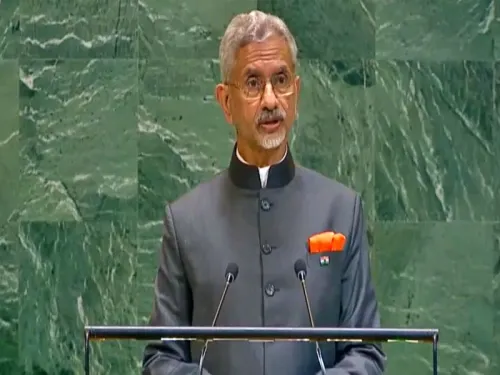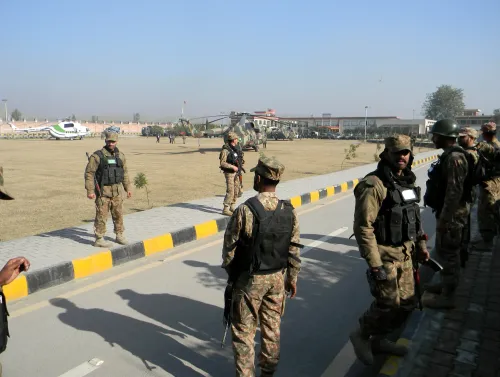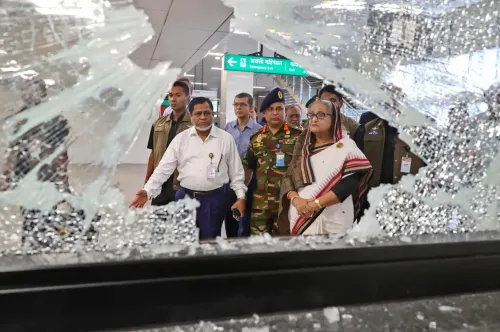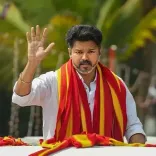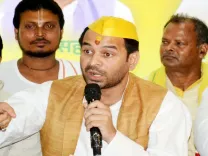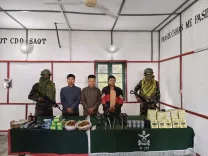Is Working in Bangladesh Really That Difficult?
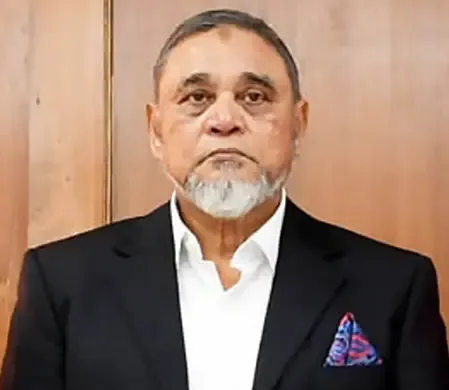
Synopsis
Key Takeaways
- Election Commission faces significant challenges.
- Public trust in the electoral process is low.
- Neutrality and adherence to laws are essential.
- Political conflicts contribute to uncertainty.
- Upcoming elections are critical for democracy.
Dhaka, Sep 27 (NationPress) The Chief Election Commissioner (CEC) of Bangladesh, AMM Nasir Uddin, remarked on Saturday that the Election Commission (EC) is encountering substantial hurdles in the current climate of the nation.
During his address at the Election Officers' Conference-2025 held at Nirbachan Bhaban in Dhaka, Nasir Uddin noted that in the process of preparing for the upcoming general elections next year and addressing various requests, the EC is facing a multitude of direct and indirect challenges.
"Working in Bangladesh is quite challenging. Especially given the current circumstances, some find it easy to get their work done, while for the majority, it proves to be a struggle. This is the reality of the nation," Prothom Alo, a leading Bengali daily, quoted the CEC.
Nasir Uddin also confirmed that the EC will neither provide unlawful directives to its officials nor request them to show favor to any political party in the elections set for February 2026.
"We will provide instructions, but no illegal directives will ever be issued. We will not instruct anyone to give preferential treatment or to act on behalf of any party. Our directives will strictly adhere to the rules and laws to ensure proper conduct," he asserted.
Reports indicate that the conference was attended by four Election Commissioners and Akhtar Ahmed, the senior secretary of the EC.
During the gathering, Election Commissioner Abdur Rahmanel Machud stated, "The public is increasingly hesitant about elections. There is significant mistrust in the Election Commission. They feel cornered regarding the elections. Hence, conducting fair elections is now imperative."
Last month, CEC Nasir Uddin emphasized the necessity for election officials to uphold complete impartiality during the national elections next year, which he labeled as the most challenging yet, according to local reports.
"We are continually facing new challenges—many of which did not exist previously. While law and order issues have been present historically, their intensity has increased. We might also have to tackle challenges that are yet unknown," The Daily Star reported Nasir Uddin.
Bangladesh is currently enveloped in uncertainty and political strife as it approaches the next general elections.
The political factions that previously allied with interim chief adviser Muhammad Yunus to displace the democratically elected Awami League government, led by former Prime Minister Sheikh Hasina, are now embroiled in disputes over reform proposals.

